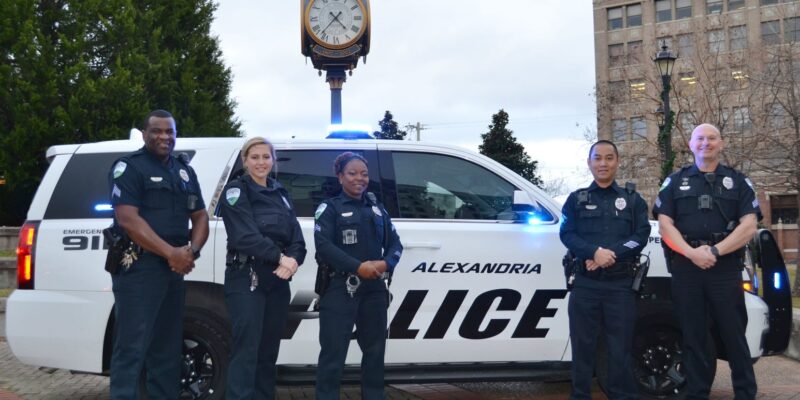Alexandria drivers might want to pay better attention to their driving habits and make certain they don’t get pulled over anytime in the near future.
A new case out of that central Louisiana city could have statewide or even nationwide implications when it comes to how law enforcement officers treat the Fourth Amendment.
While driving through the city, Mario Rosales allegedly failed to use his turn signal. Alexandria Police pulled him and passenger Gracie Lasyone over to the side of the road. Officers ordered Rosales and Lasyone out of their car. They frisked Rosales. Then they interrogated him and Lasyone about a litany of alleged drug crimes.
All this because Rosales allegedly failed to turn his blinker.
But did he, or didn’t he?
Rosales did, according to members of the Arlington, VA-based Institute for Justice (IJ), who reviewed the officers’ dash and body cam footage. IJ is a nonprofit law firm whose mission is to end widespread abuses of government power. Members of the firm represent the couple in a lawsuit against the Alexandria Police Department. The suit said officers had no reasonable basis to believe Rosales or Lasyone committed any drug crimes.
Members say police officers nationwide have a habit of pulling over motorists on the pretext of minor traffic infractions, even when the motorists broke no traffic laws, to search for evidence of other crimes.
IN THE NEWS: A Way to Cure Louisiana’s Shameful Dependence on Federal Aid
“Police departments have a strong incentive to search for evidence of crimes that will allow them to forfeit a driver’s car, cash, or other property — the proceeds of which police departments are often allowed to keep and spend as they wish. No surprise then that police routinely stop drivers for pretextual reasons, even when there is no reasonable suspicion of any crime,” according to IJ attorney Marie Miller.
Advertisement
“But under the Constitution, nobody should be treated like a criminal without some reasonable basis for believing they’ve committed a crime. The Fourth Amendment promises freedom from unreasonable seizures, including traffic stops. And although the U.S. Supreme Court has held that police officers can pull motorists over for even trivial traffic offenses, they cannot do so based on fabricated crimes. Even when a driver has committed a traffic violation, any investigation must be limited to crimes the police reasonably suspect the motorist to be guilty of — based not on hunches, but on objective evidence.”
IJ previously ranked Louisiana with a grade of D+ for its civil forfeiture laws.
Members of the New Orleans-based Pelican Institute for Public Policy in 2021 proposed several ways to rein in Louisiana’s civil forfeiture asset problems.
IN THE NEWS: Louisiana’s College Professors Abuse Their Special Privileges
Those suggestions include requiring a conviction for the accused party and setting a minimum value for property eligible for seizure to protect low-income property owners. Another suggestion was putting all forfeiture-related funds into a neutral account such as the state general fund or education fund, thus removing any incentive to engage in for-profit policing.
Advertisement
Advertisement

